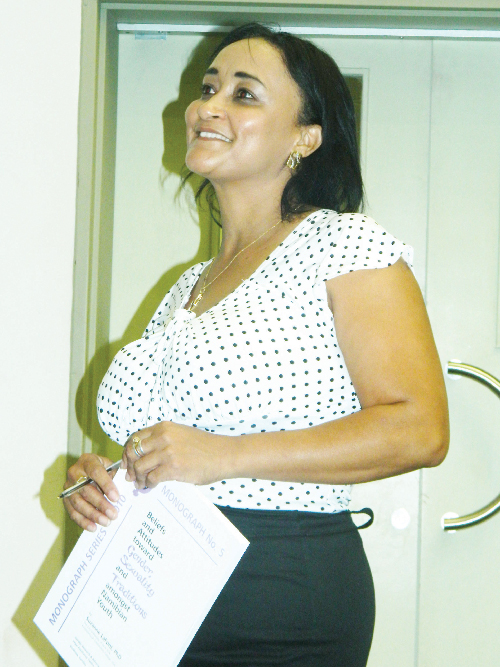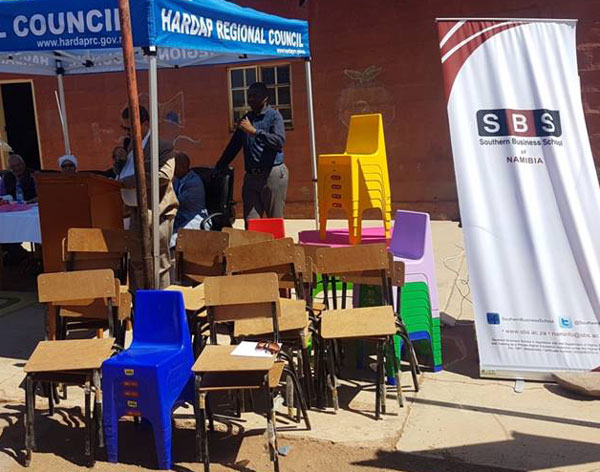
Sex remains a taboo subject
 Despite the sexual freedom afforded to some young people, sex remains a taboo subject and some parents still do not discuss sex with their children. In some of the cultures, girls did not learn about menstruation until it happens to them. This was revealed by a study done by the Legal Assistance Centre and Ombetja Yehinga Organisation (OYO) on the beliefs and attitudes of young people towards gender, sexuality and traditions.
Despite the sexual freedom afforded to some young people, sex remains a taboo subject and some parents still do not discuss sex with their children. In some of the cultures, girls did not learn about menstruation until it happens to them. This was revealed by a study done by the Legal Assistance Centre and Ombetja Yehinga Organisation (OYO) on the beliefs and attitudes of young people towards gender, sexuality and traditions.
The study, Beliefs and Attitudes towards Gender, Sexuality and Traditions amongst Namibian Youth, is based on the views of 395 youth that were interviewed across the country. They were between the ages of 15 and 20.
The study showed that the Namibian youth has mixed views about sexual rights and are more liberal than the older generation.
According to research presented by Yolande Engelbrecht, a paralegal: Gender Research and Advocacy Project at the Legal Assistance Centre, most of the youth receive their sexual education from the media while churches provide the least information.
Speaking at the first presentation since the survey was launched, Engelbrecht disclosed that most of the Namibian youth are not sexually educated.
Findings from the study also suggested that females have more access to information and that they are more confident to raise their opinions than their male counterparts.
Engelbrecht further said that according to their research, students from private schools are better informed than the other group (OYO respondents) who were mostly made up of youth from rural areas – suggesting that urban youth have access to more information.
Responses of the private school cohort, in particular the females, were the most supportive of gender equality and sexual rights. Responses of the OYO cohort, in particular the males, were the most conservative.
Engelbrecht said that the greatest difference was between the two groups, rather than between males and females within groups. This indicates that living in a privileged environment in Windhoek is the most important factor in willingness to embrace gender equality and sexual rights.
The youngest sub-cohort of the OYO respondents (16 year-olds) were consistently more likely to chose answers supporting gender equality and sexual rights, than the older OYO sub-cohort (20 year-olds).
This suggests that there is a mini ideological generation gap in Namibia, with the younger people embracing, or at least wanting to be seen as embracing, more progressive attitudes about gender and sexuality.
The survey which was conducted between 2007/2008 and is a joint effort by the Legal Assistance Centre and OYO with the aim to identify young people’s attitudes and beliefs about gender, sexuality and tradition, provide information to improve educational and social programs on HIV prevention, gender equality and sexual rights as well as to identify areas of potential legal and social reform.









































